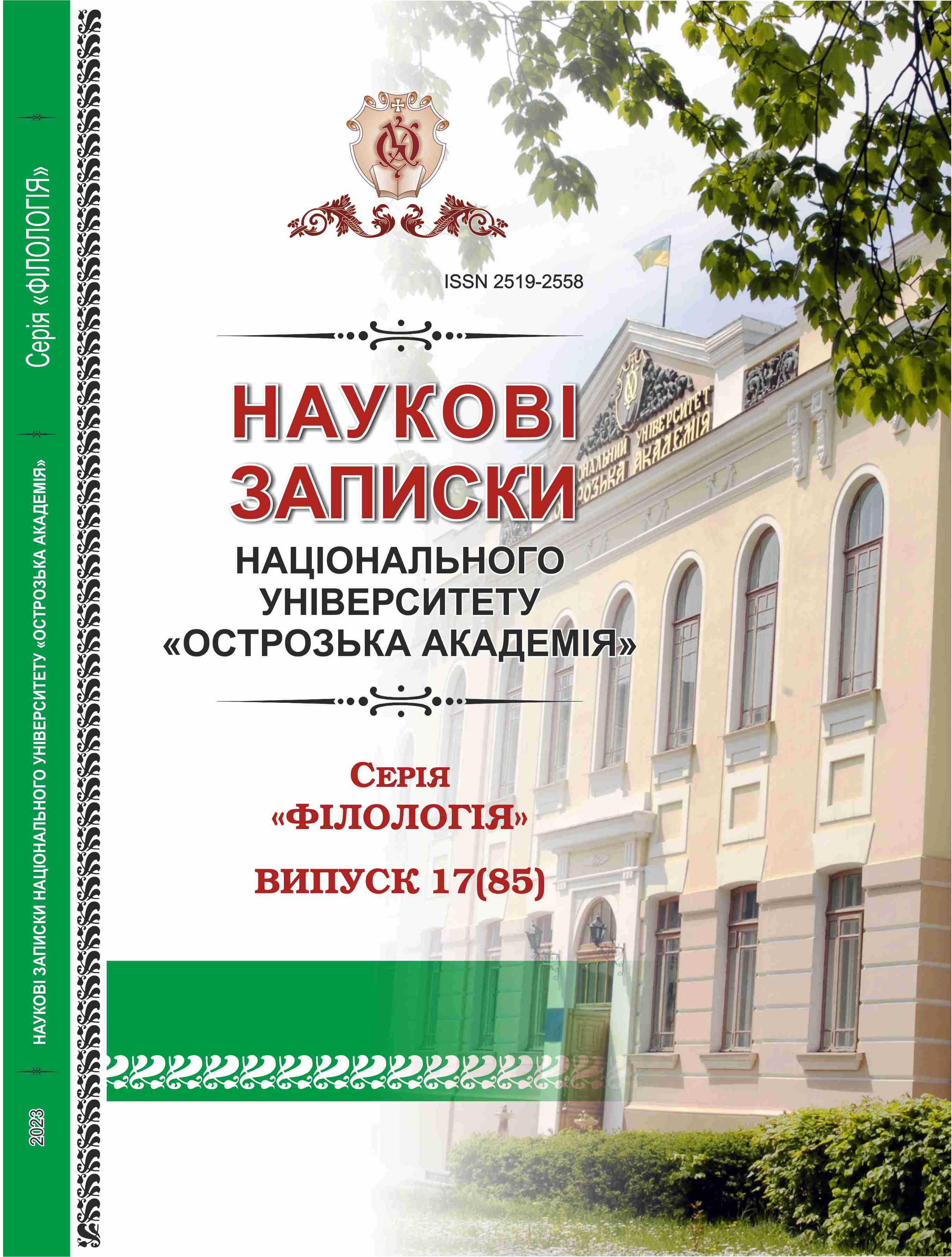КОЛОРИСТИЧНА ЛЕКСИКА У ТВОРЕННІ ЕМОЦІЙНОГО ТА ЕСТЕТИЧНОГО ЕФЕКТУ В ПОЕЗІЇ СИЛЬВІЇ ПЛАТ
Ключові слова:
колористична лексика, лінгвопоетика, ідіостиль, метафора, концепт, експресивний синтаксисАнотація
Поезія Сильвії Плат стала незаперечним фактом літературного життя англомовного світу, а завдяки численним перекладам, у тому числі і на українську мову, оприявленим впливом на інші літератури. Сильвія Плат належить до тих оригінальний авторів, чиї твори не перестають дивувати читачів та критиків.
Сильвія Плат мало публікувалася за життя, після її смерті залишилися тисячі сторінок не лише поезії та роману, але й щоденники та епістолярна спадщина – невичерпне джерело для пошуку глибинних сутностей поетеси. Примітно, що збірка її поезії, що була видана її колишнім чоловіком, завоювала у 1982 році Пулітцерівську премію – нагороду, яку дають за нові літературні досягнення. Ця нагорода була присуджена за вірші, з моменту створення котрих на той час було уже більше двадцяти років.
Надзвичайно різноманітна тематика, мозаїка поетичного стилю є джерелом все більшої кількості досліджень у руслі як традиційного літературознавства, так і сучасних культурологічних, лінгвістичних та інтертекстуальних студій.
Основні мотиви та образи поетичних творів Сильвії Плат творяться довкола теми жіночої самотності на тлі традиційно-патріархального розуміння її гендерної ролі та персональної фрустрації цієї самотності з використанням широкої палітри виражальних засобів поетичної мови та лінвгоментальних структур, що знайшли своє втілення у лексико-семантичних та стилістично-інтонаційних особливостях творчості поетеси. Стаття присвячена характеристиці колористичної лексики в поезії Сильвії Плат.

